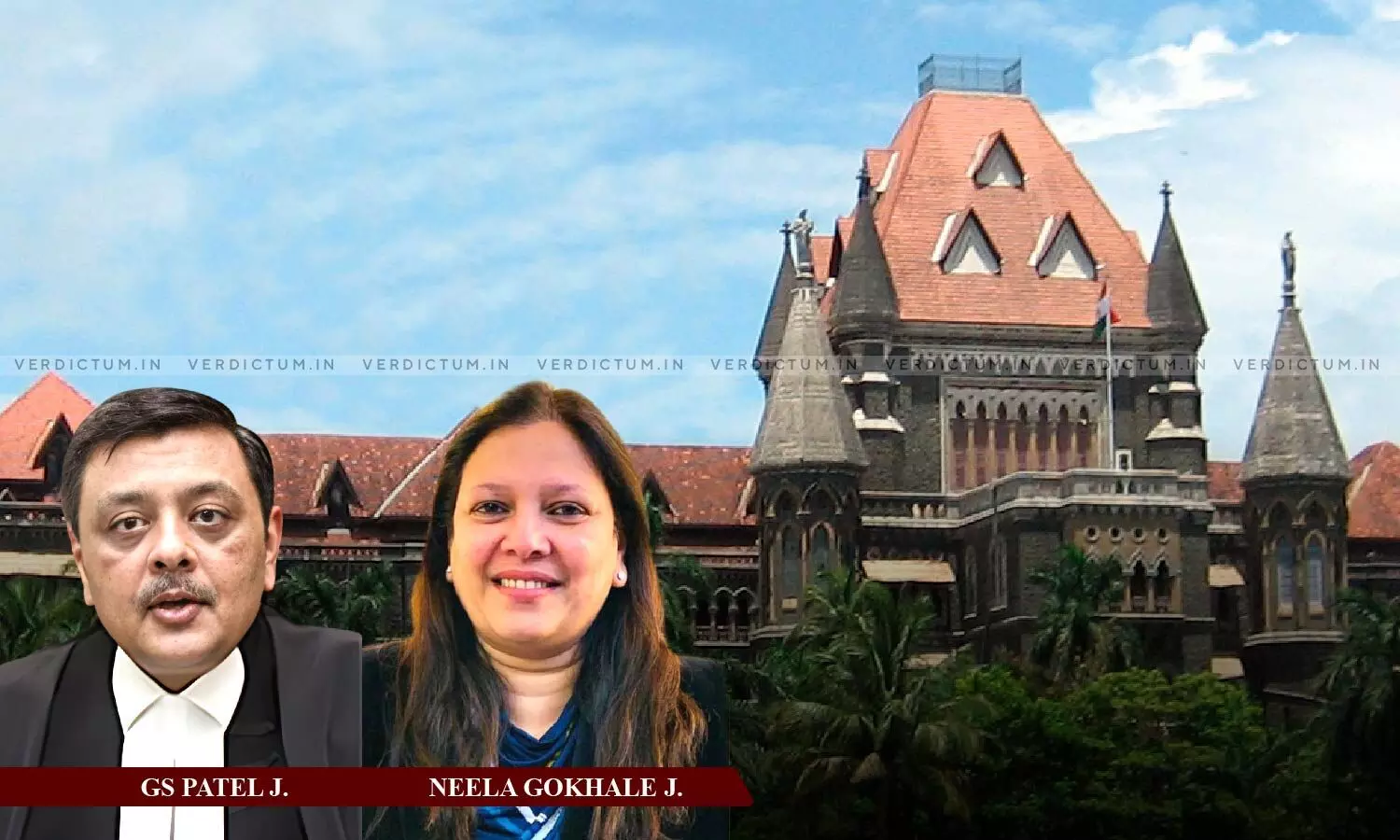
A Change In Social Policy Followed By Change In Govt Is Part Of Democratic Process & Is Not Arbitrary: Bombay HC
 |
|The Bombay High Court has held that a change in social policy followed by a change in the government is part of the democratic process and hence not arbitrary or mala fide in its nature.
The Court refused to quash the order passed by the State Government on December 2, 2022, cancelling the appointment of the chairman and members of the Maharashtra State Commission for Scheduled Castes and Scheduled Tribes.
A Division Bench of Justice G.S. Patel and Justice Neela Gokhale said, “Nomination of the Petitioners to their posts without following any competitive process and in pure discretion and subjective satisfaction of the earlier government does not create nor vests any right or entitlement in the Petitioners to continue on their posts. In fact, the existence of the Commission itself is at the pleasure of the Government. … the Petitioners have no fundamental or legal right to the posts. … A change in social policy followed by a change in government is part of the democratic process and a change in implementation of policies and programmes per se cannot be charged as arbitrary or mala fide.”
The Bench observed that there is no requirement of any justification or of giving an opportunity of hearing to the petitioners for their removal.
Advocate Satish Talekar appeared on behalf of the petitioners while Advocate General Birendra Saraf appeared on behalf of the respondents.
Brief Facts -
The petitioners had assailed the order passed by the State Government cancelling their appointment as members/chairman of the Maharashtra State Commission for Scheduled Castes and Scheduled Tribes respectively. They were aggrieved by the cancellation of various appointments of non-official members and other members of the Statutory Boards, Committees, Commissions, etc.
Their charge was that such changes were made only with a view to accommodate supporters and workers of the ruling dispensation. The petition was replete with instances of a series of decisions taken by the Chief Minister/Deputy Chief Minister in discontinuing, cancelling, and modifying decisions of the earlier government, which the petitioners complained to be against the public interest. The earlier tenure of the Maharashtra State Scheduled Castes and Scheduled Tribes Commission which was until June 30, 2009, was further extended.
The High Court in the above context noted, “It is common ground that the Commission is neither statutory nor mandated by any provision of the Constitution. Neither the constitution of the Commission nor the appointment of the Petitioners has any statutory basis. The Petitioners were nominated at the sole discretion of the government without following any selection procedure or inviting applications from the general public.”
The Court further noted that such an appointment has to be treated as one under the pleasure of the government and not in the nature of any employment or appointment under Part XIV of the Constitution.
“The contention of the Petitioners that the tenure of three years has not expired cannot be sustained. … It is unacceptable for the Petitioners to file multiple Petitions seeking similar reliefs on the same grounds”, said the Court.
The Court held that the order cancelling the appointments of the petitioners to the posts of Chairman/Members of the Commission respectively cannot be said to be illegal, unlawful, or otherwise vulnerable.
“No fundamental right to continue on the said posts is vested in the Petitioners. The GO dated 2nd December 2022 cancelling their appointment cannot be held arbitrary or discriminatory”, concluded the Court.
Accordingly, the Court refused to quash the government order.
Cause Title- Ramhari Dagadu Shinde & Ors. v. The State of Maharashtra & Ors. (Neutral Citation: 2023:BHC-AS:16463-DB)